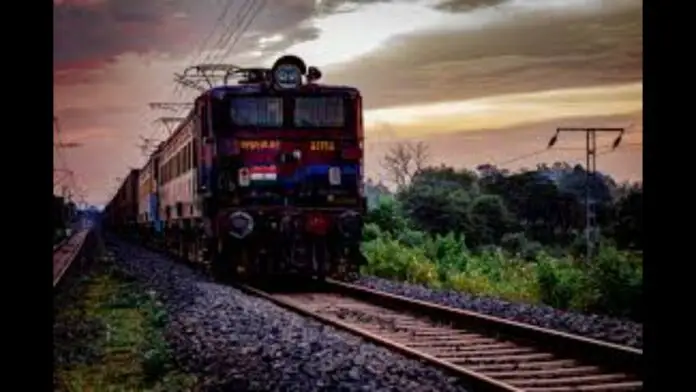
On Monday, The Supreme Court held that until the railways testified and explained the delay in arrival and established and proved that the delay occurred due to reasons beyond their control, they would be liable to pay compensation for such delay.
In this view, the Court upheld an order passed by the National Consumer Dispute Resolution Commission, in New Delhi in which it confirmed the original order passed by the District Consumer Disputes Redressal Forum, Alwar approving the respondent’s complaint in the current case and directing the Northern Western Railway to pay a sum of 15,000 / – for taxi costs, Rs.10, 000 / – for booking costs and Rs. 5,000 / – each for the mental stress and agony and for the litigation costs.
A bench comprising Justice MR Shah and Justice Aniruddha Bose was hearing a special leave petition given by the Northern Western Railway who were aggrieved by the order.
It was alleged that due to the delay in the arrival of the Ajmer Jammu Express Train by four hours, the subsequent flight booked by the respondent from Jammu to Srinagar, which was to depart at 12:00 noon was missed. This forced him to go to Srinagar by taxi and thus eventually he lost Rs. 9,000 / – as airfare and had to pay an extra amount of Rs.15, 000 / – in respect of the cost of renting a taxi. The respondent also lost Rs. 10,000 / – for booking a boat at Dal Lake.
The District Forum thereby passed an order in favour of the respondent which was eventually confirmed by the State Commission in an appeal and subsequently by the National Commission by the impugned judgment and order passed in the revised petition.
Aishwarya Bhati – Additional Solicitor General, pointed out that the late running of the train could not be said to be due to the lacking of service on the part of the railways.
She also relied on Rule 114 and Rule 115 of the Indian Railway Conference Association Coaching Tariff No. 26 Part-I (Volume-I), which states that there shall not be any liability on the part of the railways to pay any compensation for late running of the train. It was further added that there could be a number of reasons for train delays and runtime.
The bench noted that there was no evidence at all given by the railways explaining the reason behind the delays and/or untimely and late arrival of the train at the Jammu station.
Therefore, in the facts and circumstances of the case and in the absence of any evidence which led to the explanation of the delay, the District Forum, the National Commission and the State Commission were held to have rightly observed that there was a service deficiency on the part of the railways for which they were liable to compensate the passenger.
“These are the days of competition and accountability. If public transport is to survive and compete with the private sector, they have to improve their performance and working culture. A citizen/passenger will not be at the mercy of the authorities/administration. Someone has to accept the responsibility,” the Bench said.
The Court, therefore, ruled that no interference was required, in the exercise of powers under Article 136 of the Indian Constitution and proceeded to dismiss the SLP.








